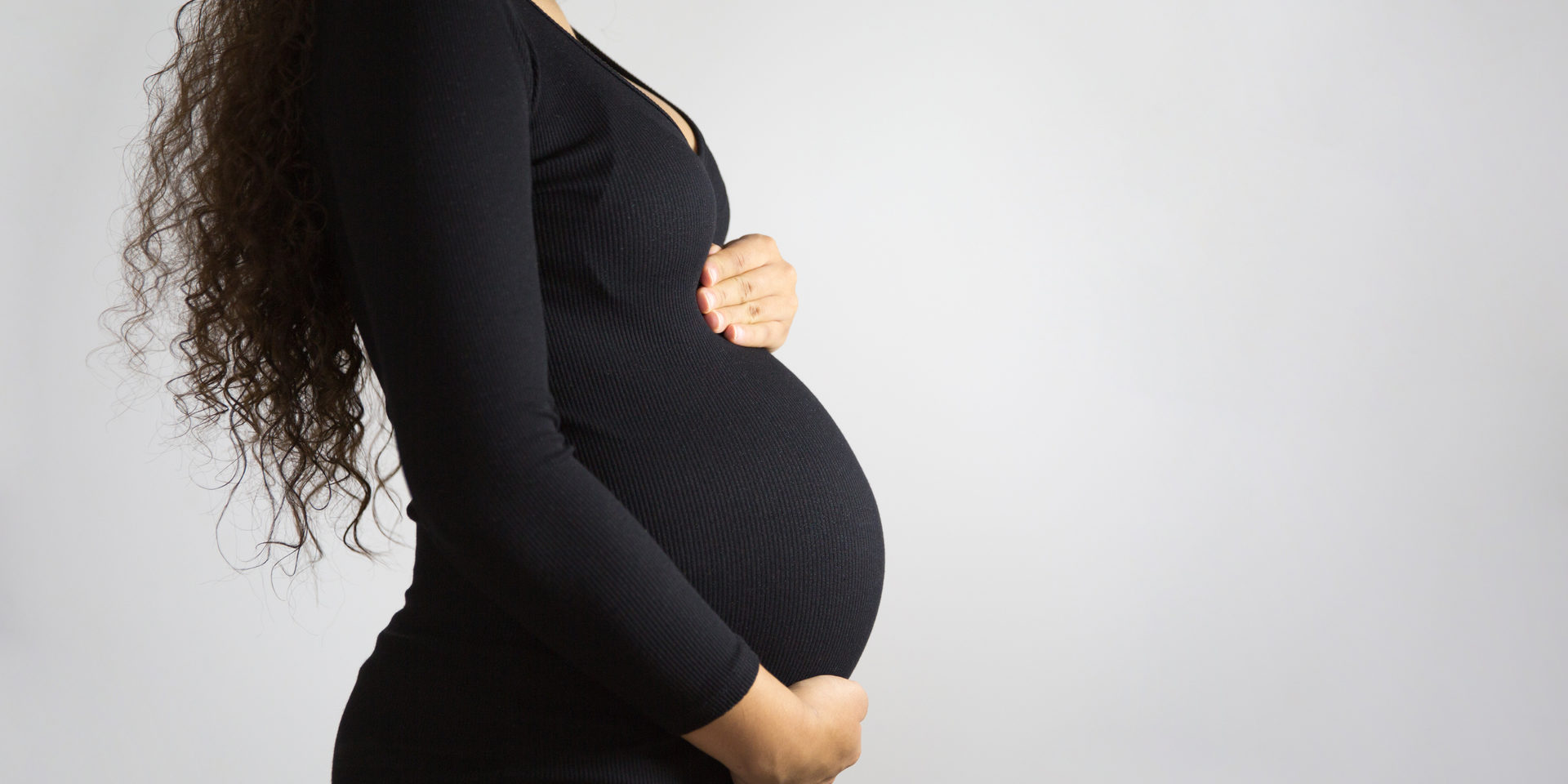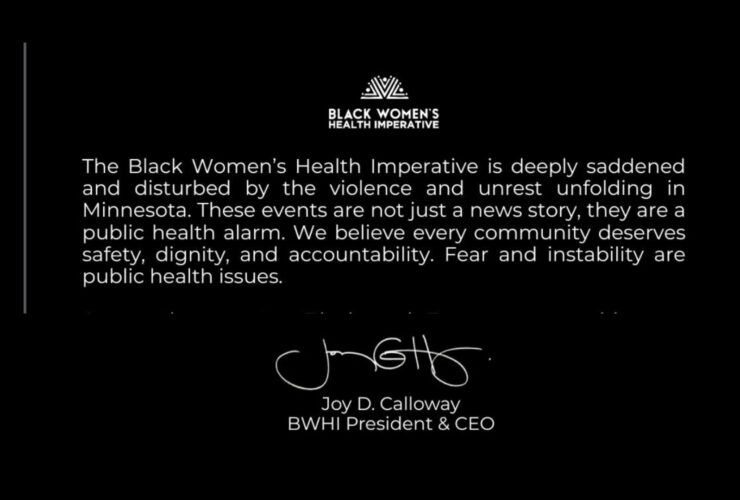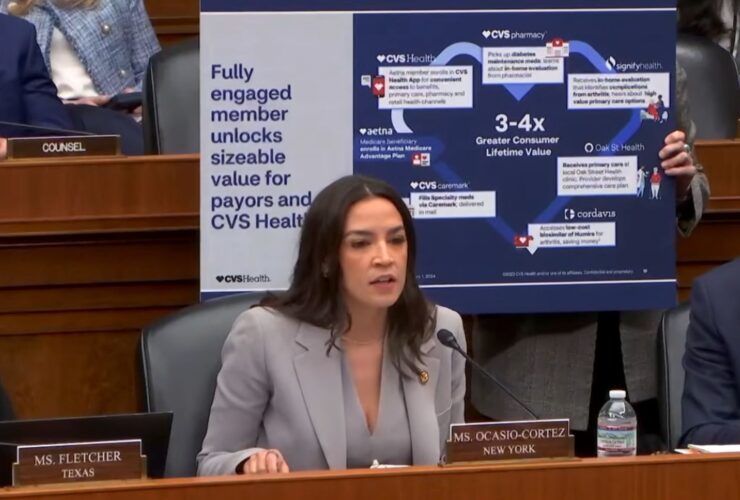Co-authored by Sanquinetta Dover, Public Policy Committee Chair on behalf of the National Coalition of 100 Black Women, Inc., Metropolitan Atlanta Chapter and Linda Goler Blount President and CEO of the Black Women’s Health Imperative
COVID-19 has pulled back the curtain on many health disparities that impact Black women across the board, but, imagine being a black pregnant mother who doesn’t know how to navigate these uncharted waters. Not only would you be worried about your own exposure to the virus, but also be terrified by the uncertainty of outcomes for your baby. Even without the looming COVID-19, maternal mortality among Black women in the greater Atlanta area is disproportionately high, as it is around the country.
The numbers have always been higher than that of our white counterparts. The shocking news of the death of Kira Johnson, a practicing physician in Atlanta, and the daughter-in-law of Judge Glenda Hatchett, losing her life, became a national story that highlighted the disparities in maternal mortality. But it is a reality for black women all over this city, no matter of their social or economic status. And COVID-19 has left more questions than answers.
Patricia Kelly, MD, is a Family Medicine physician, who also delivers babies, and is a member of The National Coalition of 100 Black Women, Inc., Metropolitan Atlanta Chapter. She says providers and hospitals have worked hard to protect pregnant women and their babies during the prenatal and birthing process and beyond.
Dr. Kelly says, “right now we are abiding by the guidance from the Centers for Disease Control and the American College of Obstetrics and Gynecologists recommendations to protect pregnant women and their unborn children.”
As of this writing, Dr. Ashleigh Murriel is 32 weeks pregnant and has no complications. She sees the differences between the interactions with her providers to help keep her and her unborn child healthy now versus those four years ago when she had her first child. “COVID-19 has changed the entire experience,” she says, adding that her providers are much more cautious. “In early March, my doctor suggested that I work at home to limit my exposure.”
“I work in public health, so I had lots of questions about how delivery would work,” Dr. Murriel says. “I do think my providers have been good as they can be in terms of the changes”.
“In terms of transmission of COVID-19 from mother to child, all we have to go on is data from China at this point,” Dr. Kelly says. Pregnant women are being tested for COVID-19 in Atlanta. “We have found positive mothers, who deliver negative babies,” she adds.
Dr. Murriel had big plans for her pregnancy and caring for her newborn. “The first time around I had a difficult time breastfeeding, but I was planning on hiring an in-home lactation consultant to support me through the process, and now that is off the table.” The data on the COVID-19 risks to newborns still unfold, but Dr. Kelly says at this point the medical community knows that the virus is not transmitted through breast milk, which is comforting news to many new moms who had planned on breastfeeding.
Christie Jobe, who delivered her baby just a few weeks ago, says COVID-19 caused changes in her pregnancy experiences. She had several telemedicine visits where she didn’t actually have to go to her doctor, but when she did, she waited in the car, instead of a crowded waiting room that could expose her to the virus. And providers are limiting the number of people who can come into the delivery room with the mother to one. Dr. Murriel says that her first birth was a family experience, but this time it will be just her and her husband.
Beyond COVID-19
In Atlanta, COVID-19 has complicated the delivery of prenatal care and delivery, but is not the root cause of the disproportionate rates of poor maternal health outcomes among Black women here and across the country.
Black maternal mortality across the United States is four times higher than that of white women. And according to the American Civil Liberties Union of Georgia, this state is one of the most dangerous for a Black pregnant woman. In 2016, The Yale School of Public Health found that the pregnancy-related maternal mortality rate for black women in Georgia is twice that for white women and 6 times the rate for white women, nationally.
The United States is the only developed country where the maternal mortality rate has increased over the past two decades. When looking at black women specifically, the U.S. maternal mortality rate is comparable to Sub-Saharan Africa, with black women accounting for a disproportionate number of maternal deaths. On average, black women are three to four times more likely to die from pregnancy-related conditions, such as cardiovascular conditions, hemorrhage, and other chronic medical illnesses, than their white counterparts. In fact, from 2011 to 2013, there were 40.4 deaths per 100,000 live births for Black women as compared to 12.1 deaths per 100,000 live births for white women.
Enough is Enough
At a time when we are seeing overall numbers of maternal and infant mortality improve, we have not seen the same improvements for Black women and their babies. This is not simply an issue of economics. Well-educated, high income, professional Black women across Georgia have the same maternal mortality rates as white women who have less than an 8th grade education.
But why is this still happening? Those of us working in the field have some ideas, but from a research perspective, we simply don’t know. As of 2019, there are no studies that examine why Black women have higher mortality rates during childbirth. And while most states have infant mortality reviews to address deaths in the first year of life, few states are collecting the data required to begin to fully understand Black maternal mortality.
The Black Women’s Health Imperative (BWHI), through our Index US report, has been in conversations with Black women. They continue to share stories of providers bringing their personal and professional biases into the care they receive. The top complaint Black women have during and after childbirth is that their providers (MDs and nurses) didn’t listen to them when they tried repeatedly to tell them something was wrong.
Bola Sogade, MD, a board-certified OBGYN and Family Physician in Forsyth, Georgia calls out the need for more culturally competent providers working with women of color to close the gaps. “Patient-provider race-concordance in easy-access community-based practices is associated with positive health outcomes for minorities” Dr. Sogade says. According to Dr. Sogade, the communication between patient and provider is stronger and outcomes are improved.
Dr. Kelly agrees. “There is a cultural communication for the pregnant woman that can happen when the provider looks like you.” She says there is a culture switching that happens when a Caucasian provider interacts with a Black pregnant patient. “To be able to communicate without the cultural switching is amazing.
Dr. Kelly believes that providers and patients make implicit presumptions about each other based on race or culture. She believes this kind of implied bias can impact the quality of care and prevent effective communication. She goes on to say, that with such biases, the providers and patients do not really listen to one another. Dr. Kelly believes that providers must be able to quell their judgments to really see the mother for who she is.
It should be noted that in the Black Women’s Health Study, Fleda Mask Jackson, Tene Lewis found that causal relationships between experiences of racial and gender discrimination may be connected to uterine fibroid tumors which are linked to low birthweight babies and maternal mortality. Current research also suggests that poor maternal health may result from poverty and lifelong exposure to racism, which have a cumulative impact on the body before, during, and after pregnancy.
The studies that are available suggest that chronic exposure to racial and gendered stress due to discrimination is key in understanding maternal mortality and poor birth outcomes for Black women. In one study, Black women who reported high levels of racial and/or gender discrimination were more likely to deliver preterm, but the same association was not present for White women. Another study suggests that many Black women have consistently elevated levels of cortisol, a stress hormone that triggers the body’s fight or flight response, due in part to lifetime exposure to traumatic events.
So How Do We Protect Black Mothers?
It is never going to be enough to just point out the issues as we understand them. It is time for organizations like BWHI and the National Coalition of 100 Black Women, Inc., Metropolitan Atlanta Chapter, along with so many others to collectively come together to understand the why, through the data and further conversation with Black women and then fight for change.
And because we know that change comes through both practice and policy, BWHI’s legislative agenda highlights key legislation to protect Black women during prenatal care, labor and delivery, and postpartum care.
Together BWHI and the National Coalition of 100 Black Women, Inc., Metropolitan Atlanta Chapter, are calling for a deeper analysis of data on the lived experiences of pregnant Black women. That data would inform a strategy to examine the underlying causes of poor maternal outcomes among Black women and to develop and implement strategies for policy, practice and delivery systems to move the needle in the Atlanta area.
Continuing the Conversation
Together BWHI and the National Coalition of 100 Black Women, Inc., Metropolitan Atlanta Chapter will keep the conversation going by hosting a webinar on Tuesday, May 26, 2020 from 5 pm to 6 pm. Please register at blackmaternity.eventbrite.com.
The National Coalition of 100 Black Women, Inc., Metropolitan Atlanta Chapter
Founded in 1988, The National Coalition of 100 Black Women, Inc., Metropolitan Atlanta Chapter, is a nonprofit volunteer organization dedicated to civic engagement and community service, leadership development, and advocacy through the delivery of programs on behalf of black women and girls. The Metropolitan Atlanta Chapter is one of the largest chapters of the National Coalition of 100 Black Women, Inc. in the southeast. Standing strong with educated women, who understand the power of collaboration and the need for a commitment to service in order to make a real difference in the Atlanta community.
The Black Women’s Health Imperative
The Black Women’s Health Imperative is a national nonprofit organization dedicated to advancing health equity and social justice for Black women, across the lifespan, through policy, advocacy, education, research and leadership development. The organization identifies the most pressing health issues that affect the nation’s 22 million Black women and girls and invests in the best of the best strategies and organizations that accomplish its goals.




